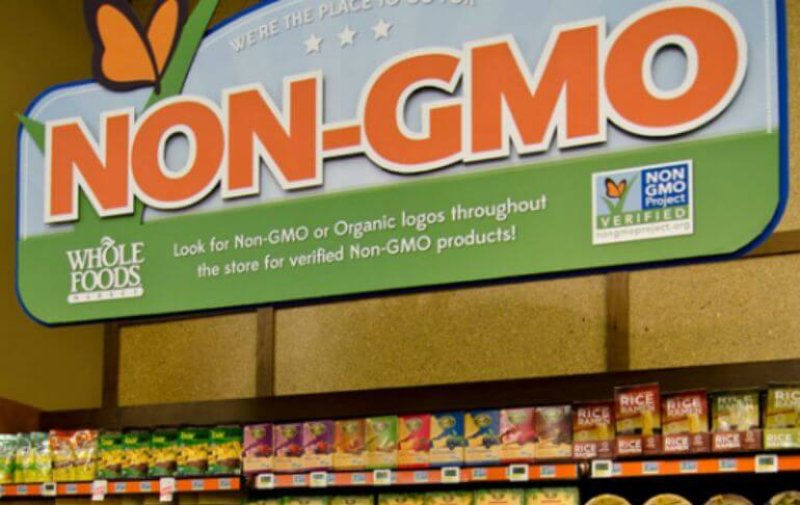It’s high time for the FDA to protect food innovation. The greatest tool for breakthroughs in food — genetic engineering — is being vilified in ways that break the law in order to get rid of the technology.
I grew up helping my father, a papaya farmer, grow our crops …. the papaya industry was hit hard by a disease in the 1950s called papaya ring spot virus …. Fortunately, in 1998 the virus-resistant Rainbow papaya was approved and commercialized, and the papaya industry was saved.
…
It’s impossible to go to the grocery store today without seeing products saying “all natural,” and “GMO-free.” …. The worst offender is the “Non-GMO Project Verified” label …. It shocked me to read that the Non-GMO Project wants “to shrink the market for existing GMO ingredients and prevent new commercial biotech crops.”
…
FDA …. fails to understand that allowing products to advertise that they do not have GMOs is [no] different than a competitor badmouthing someone else making the same product — and it’s against the law.
…
This is exactly the type of misleading advertising that the Federal Trade Commission says is illegal. If it were up to the anti-GMO folks, Hawaii would have lost its papaya industry to the ring spot virus.
Read full, original article: Island Voices: FDA must help food innovation in isles (Behind Paywall)































